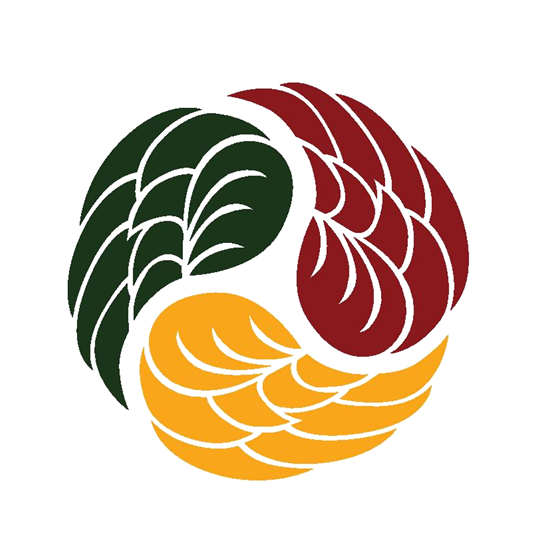Making Money More Accessible When Major Apps and Services Aren’t Available in Specific Countries
"It's all about money, not freedom. If you think you're free, try going somewhere without money, okay?"
― Bill Hicks
When working with other idealists, there is a constant reminder that you have privileges that they don’t when it comes to money: access to and the movement of money.
Here’s a scenario: you’re about to send funding or payment for services or to your partners and collaborators, and ask them if they have Zelle–to which they respond that they’ve never heard of the app, and decide to sign up for it, only to realize it’s not available in their country. You then try PayPal, and they don’t have any of the documentation needed to open a PayPal account or even a bank account. Go down the list, and you see their country doesn’t have support from Stripe, Venmo, CashApp–and you don’t even know if you can send a wire transfer by bank or even use a Western Union. Suddenly, you realize: you’re going to need to get funding to your partners and collaborators, one way or another.
This kind of situation is something you can suddenly find yourself in when you bring in a new collaborator you’ve been connected with online, working in a place like Bangladesh, the Philippines, or Northern Macedonia for example. To avoid these situations where you accidentally discover that there are a few unexpected obstacles, here are a few ideas to consider.
Establish at the very beginning your means of transferring payments and funding
One of the earliest projects for Angels for Angels was microfinancing in Uganda for various social entrepreneurs. Many people had dreams and good business ideas, but they didn’t have the funding. When they won the support of people, getting money to them became the next challenge because some of them were rural residents who may never have even been to the capital of Kampala in their entire lives, so having their own bank account to transfer money to would already be a challenge.
Thankfully, this was taken into consideration, as local partners in the field were equipped with their own personal accounts, and so a lot of the projects were those vetted by the field partner herself, who in turn could personally receive money and in turn channel that to the recipients, with the added benefit of being able to check in on their progress.
Discuss alternative, indirect means of transferring funds or their equivalent
Let’s say a microfinance project in Bolivia involves getting a farmer new equipment, such as a tractor, to improve his productivity. In a normal scenario, a field partner can receive the money and then get it to the farmer, or, instead of transferring money to the beneficiary, can just buy the equipment herself and give it to the farmer as opposed to giving him funding and letting him purchase it.
In a scenario like this with a beneficiary, you will ideally and hopefully have trustworthy local partners for accountability and monitoring, evaluating, and reporting. When it’s the local partner herself having difficulty receiving funds, then it may be time for a field visit!
Re-evaluate your potential working relationship
If you’ve established even before your first conversation your means of moving money and elaborated the options to your prospective partners, you’ve done your part in accommodating them. Your collaborators will in turn need to find a way to work with you too in exploring or creating new options to help make moving money easily, as it shouldn’t be a monumental task that rests solely on your shoulders.
If it becomes too difficult for you to accommodate your prospective partners, then it may not be worth the extra time and effort needed to work with them because if simply getting them funding is difficult, then their inability to work around those obstacles will potentially repeat itself in other things, such as quality of deliverables.
You don’t need to help everyone, and frankly, you shouldn’t: you should work with people, not work for them. When simply paying someone is too troublesome, consider cutting your losses and finding something more tangible, as there are always other people who are willing to help themselves, help you, and appreciate the help they receive from you.

